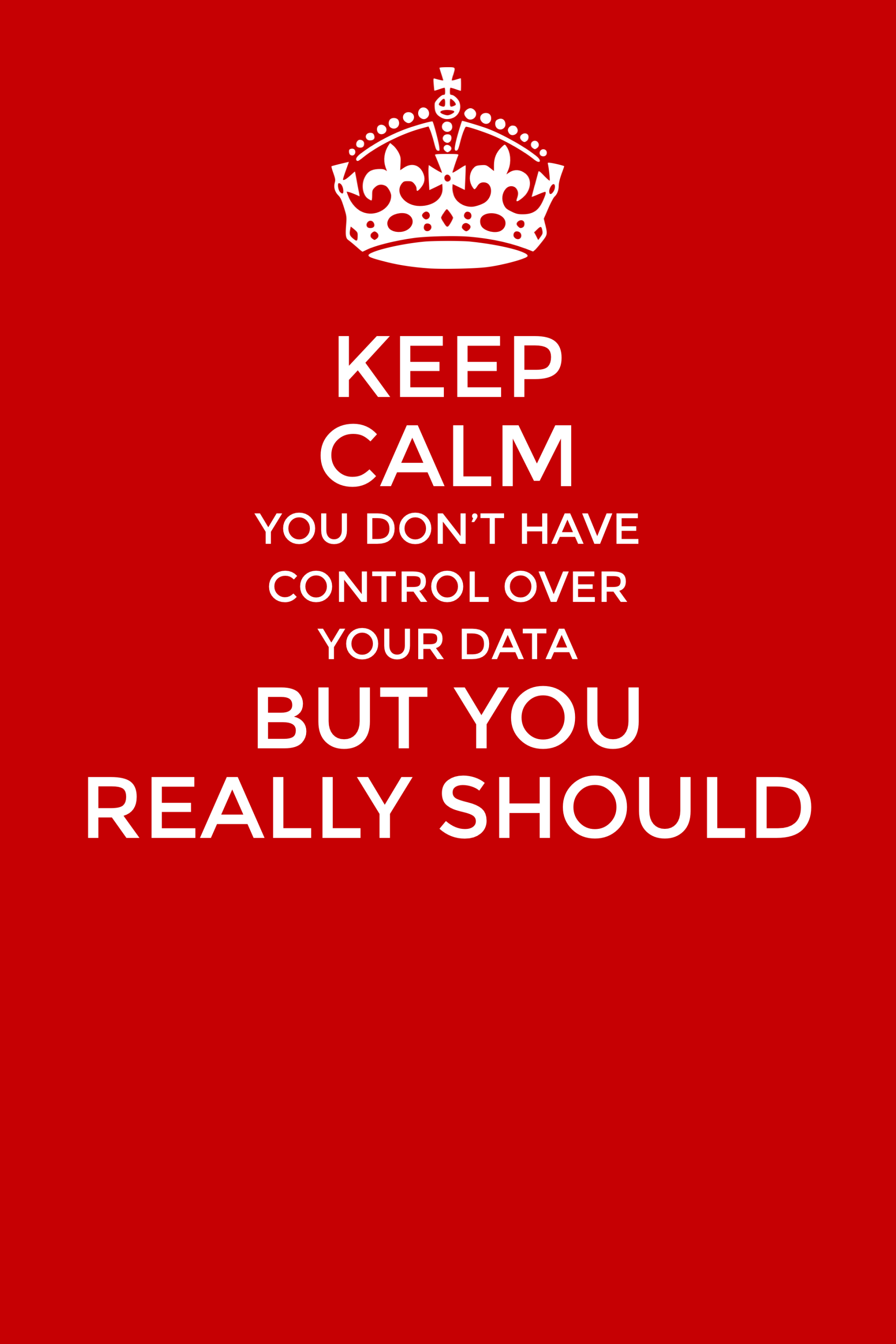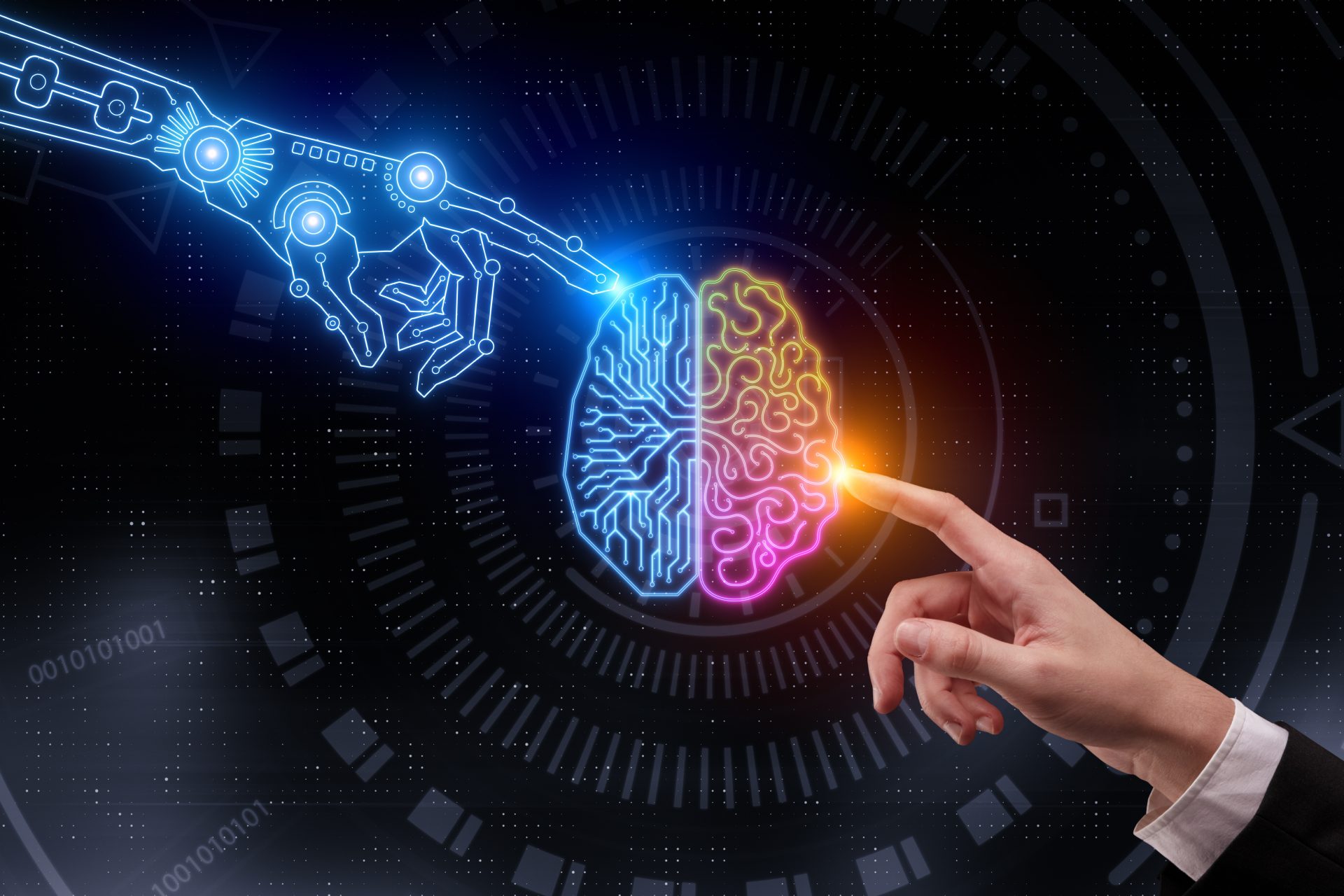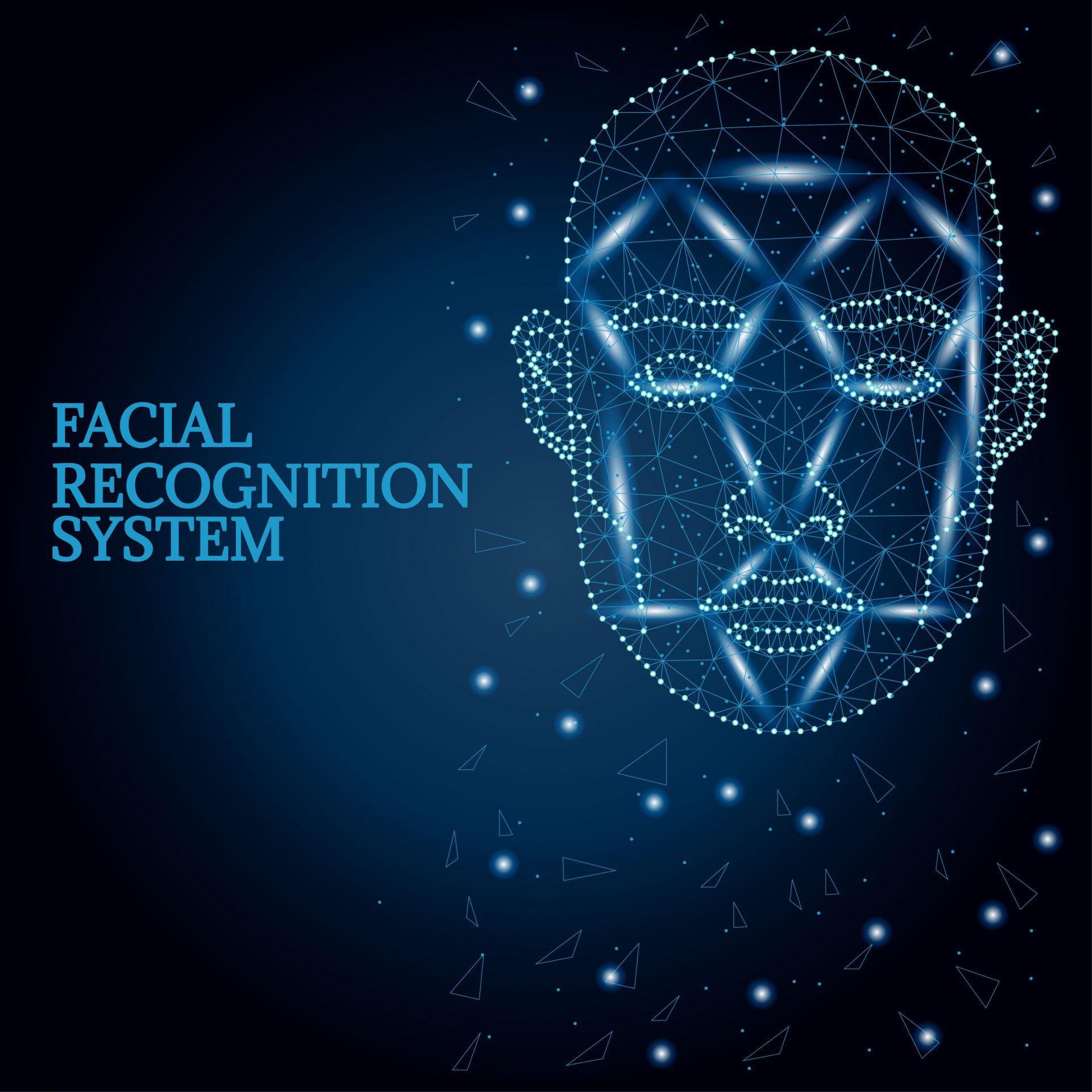The year is ending and I would propose some food for thoughts.
Nowadays it seems that people are slaves of digital life, captured by devices and online social phenomena.
What kind of phenomenon are we living?
Is it a battle where people fight against digital contents provider or are we fighting against ourselves? Probably, it isn’t precisely a battle, but a matter of approach. The human uncontrollable desire to be potentially anywhere leads us to exalt the power of digital resources if we can be - although virtually - somewhere in the world together with others, showing our presence anyway. People, to realise this kind of digital desire, are available to unconditionally provide their personal data to everyone (developers or software provider) requires them. People can be excited by digital resources, but probably they don’t realise that in that way they risk being victims if it happens without awareness. We have always to balance the will to have any apps necessary to exhibit ourselves with the awareness about our personal data. What kind of addiction is it? Are we exaggerating, but above all, are we aware? Is it a human factor? The human factor is unpredictable and uncontrollable if not solely by our consciousness and awareness. We cannot discuss only in terms of abuse or misuse of personal data by developers and companies, but - above all - it is a matter of people’s awareness. Any organization or company has its own digital sovereignty and should act respecting human dignity firstly, consequently data protection laws and hence the “data protection by design and by default” principle. Generally speaking, respecting privacy and data protection should not mean to behave well only to avoid to be exposed to fines or sanctions but, essentially, to comply with the accountability principle, looking over, toward the right balance between ethics, human dignity and norms.
...






